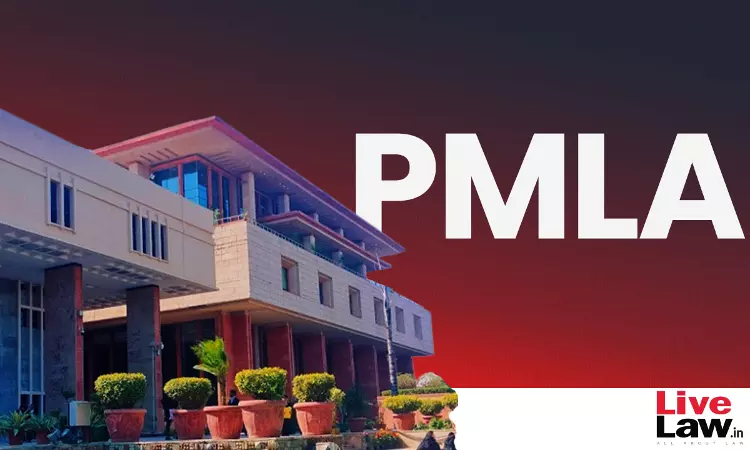Collecting Funds In Illegal Way To Commit Scheduled Offence In Future Is Not 'Money Laundering' Under PMLA: Delhi High Court
Nupur Thapliyal
4 Dec 2024 1:49 PM IST

Court clarified that the offence of money laundering is made out when the 'proceeds of crime' are generated from criminal activity.
Next Story


